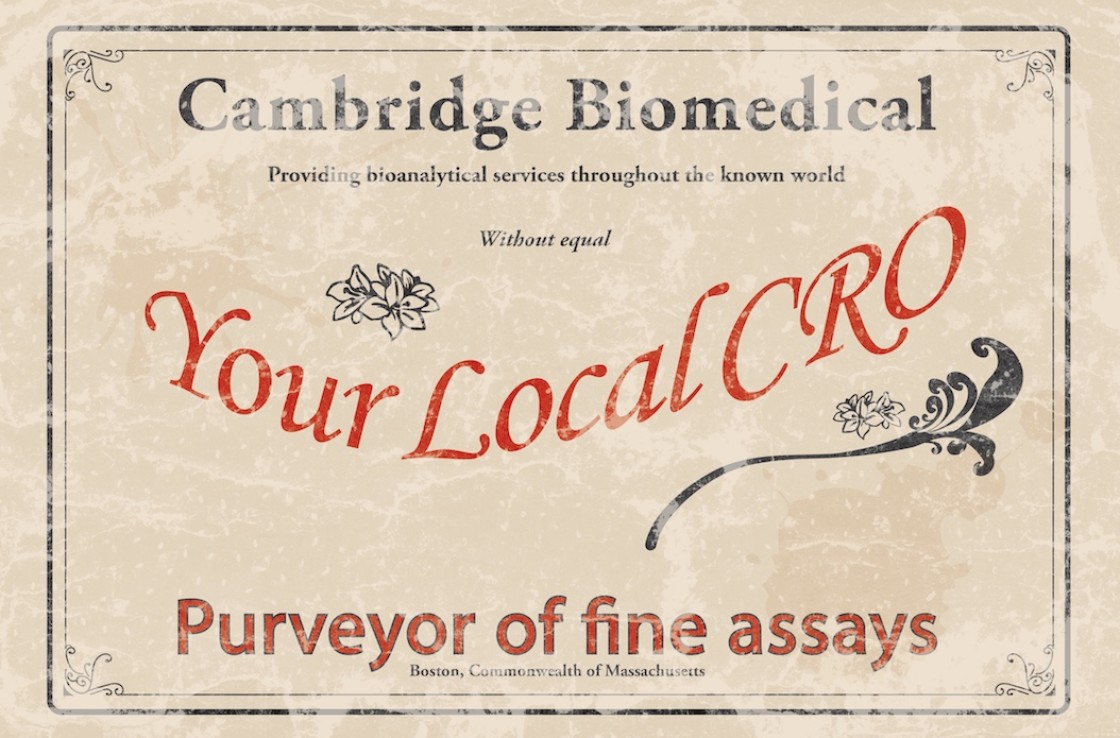Early detection is the best tool to fight cancer, but biopsies can be painful and inconclusive. New research shows a simple blood test can detect cancers by blasting white blood cells with UV and seeing how they respond. Painless, universal cancer detection could be a drop of blood away.
Researchers at England’s University of Bradford tested patients with melanoma, colon cancer, and lung cancer, alongside patients with non-cancer illnesses and healthy control patients. They found that the DNA in cancer patients’ white blood cells is easily damaged by long-wave Ultraviolet A waves. White blood cells from cancer-free patients were not nearly as susceptible, while cells from patients with pre-cancerous conditions showed an intermediate response. The team says normal illnesses like cold or flu shouldn’t lead to false-positive test results.
Dr. Diana Anderson, who led the research, explained to the BBC why she went down this investigative path:
White blood cells are part of the body’s natural defense system. We know that they are under stress when they are fighting cancer or other diseases, so I wondered whether anything measurable could be seen if we put them under further stress with UVA light.
Read full article on Gizmodo
